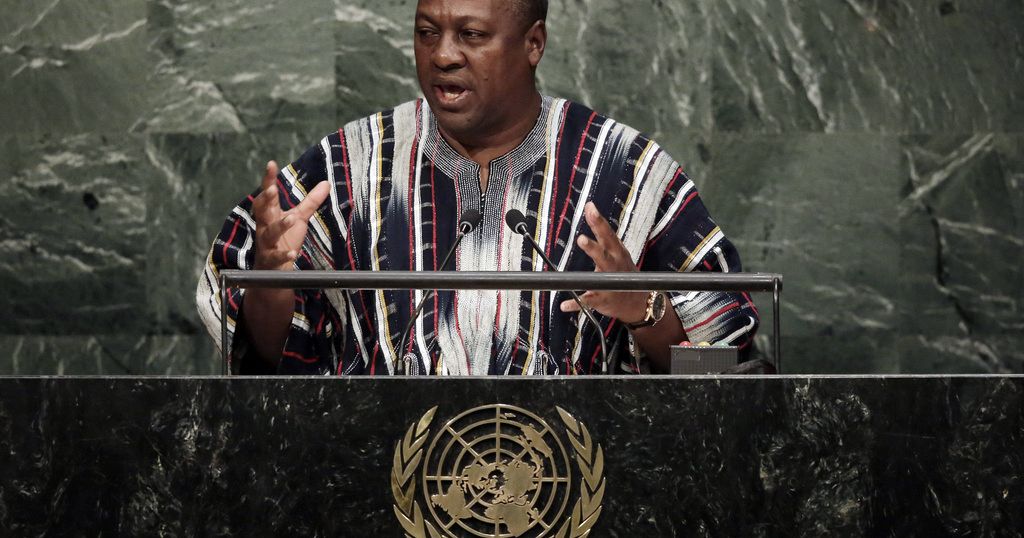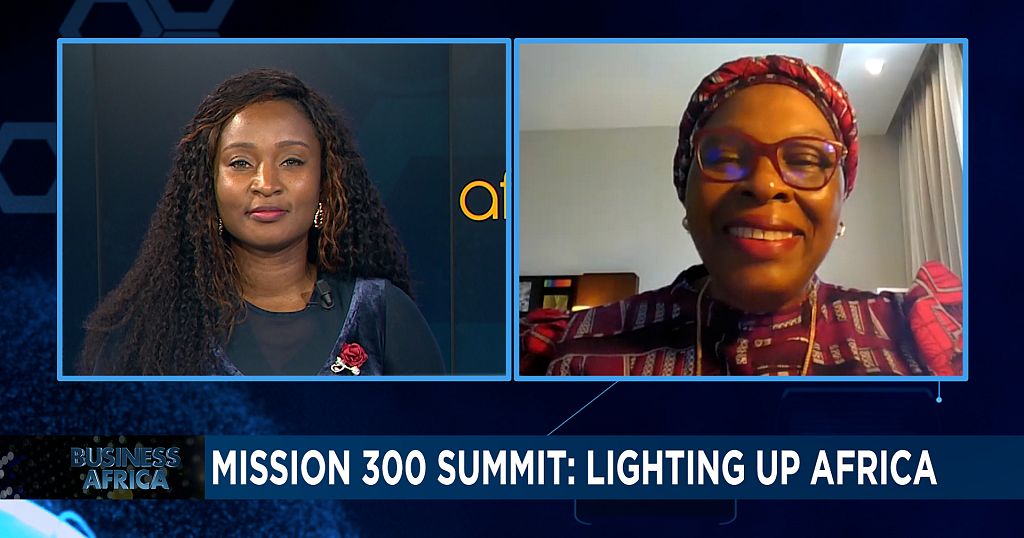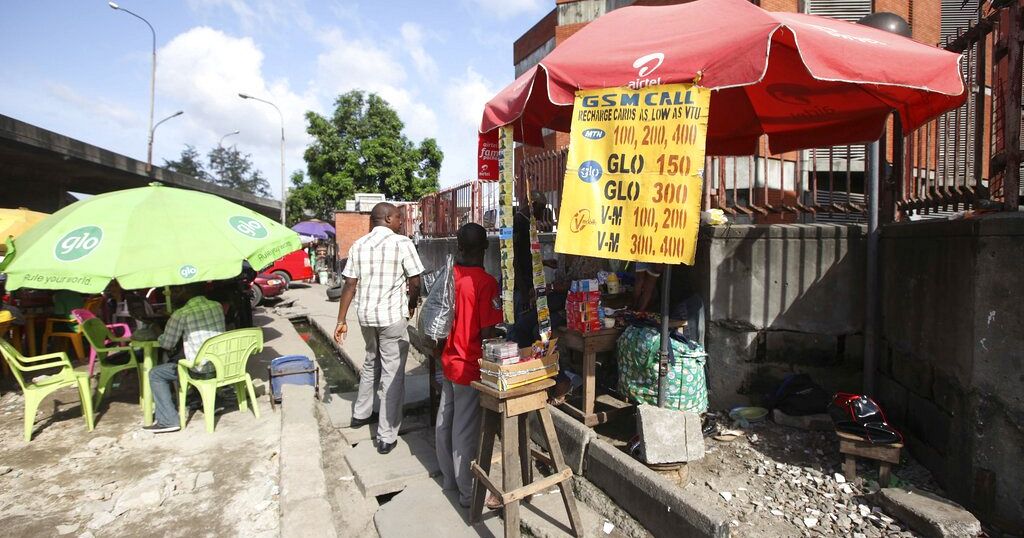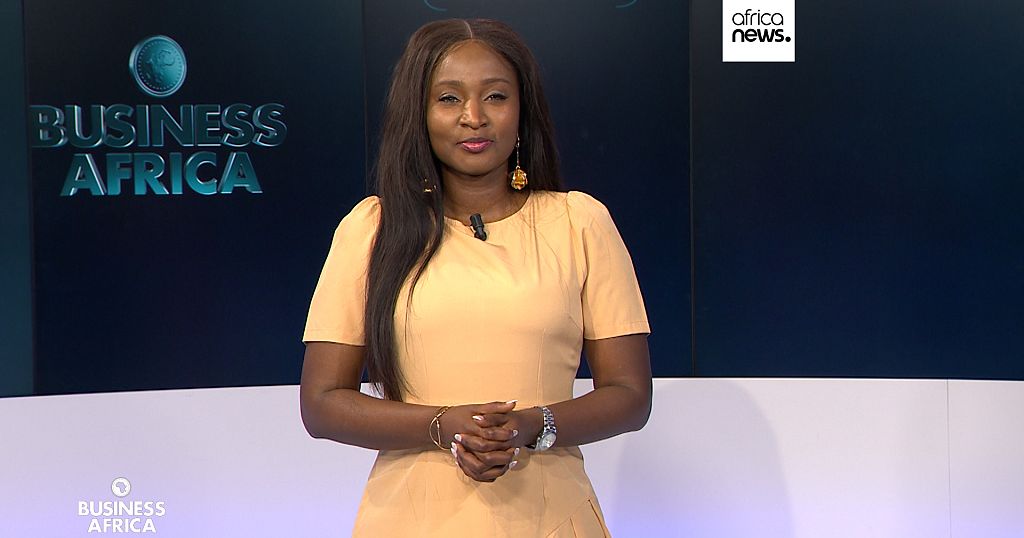The US election remains on a knife-edge after President Donald Trump claimed victory with millions of votes still to be counted while challenger Joe Biden pinned his hopes on securing the remaining battleground states.
By early Thursday morning, the national result was still too close to call, with vital states – including Pennsylvania and Arizona – yet to declare. Trump declared victory early on Wednesday morning after securing the Republican heartlands of Texas and Florida, but the Democrats secured victory in important Midwest states including Wisconsin and Michigan and are confident of reaching the 270 electoral college votes required.
Despite the absence of a decisive victor, both candidates have forcefully made their cases, with Trump claiming he has “already won it” and Biden insisting “it’s clear that we’re winning enough states”.
In an uncompromising speech to supporters and family at the White House on Wednesday morning, Trump said that “a very sad group of people is trying to disenfranchise that group of people (Trump supporters) and we won’t stand for it, we will not stand for it.”
He insisted that he had won Georgia and North Carolina – which are still being counted – and claimed that he is winning Pennsylvania by a “tremendous amount of votes”. He denied that Arizona, a crucial target for Democrats, was lost.
“This is a fraud on the American public, this is an embarrassment to our country…We’ll be going to the US Supreme Court.”
“We will win this and as far as I’m concerned we already have won it.”
But in a speech on Wednesday evening, Biden insisted that he is on track to win.
“And now after a long night of counting, it’s clear that we’re winning enough states to reach 270 electoral votes needed to win the presidency. I’m not here to declare that we’ve won, but I am here to report when the count is finished, we believe we will be the winners.”
Africa watches
The contested poll in the world’s most powerful economy is being eagerly watched in Africa, which in recent weeks has played host to controversial polls in Tanzania and Côte d’Ivoire. Since assuming the presidency, Trump’s administration has seen the continent as a battleground in its contest with China and has repeatedly lashed out at Beijing’s political and commercial influence in African states.
In December 2018, Trump’s then national security advisor John Bolton articulated the administration’s Africa strategy, which he said would “put the interests of the American people first, at home and abroad” by boosting US trade and commercial ties on the continent, reprioritising aid, and thwarting the African ambitions of a “predatory” China.
David Thomas






![The Okwelians: Unlocking New Economic Paths for Cameroon [Business Africa]](https://static.euronews.com/articles/stories/09/12/73/92/1024x538_cmsv2_85da6520-a13b-50c2-b20b-6172b1388b3a-9127392.jpg)

